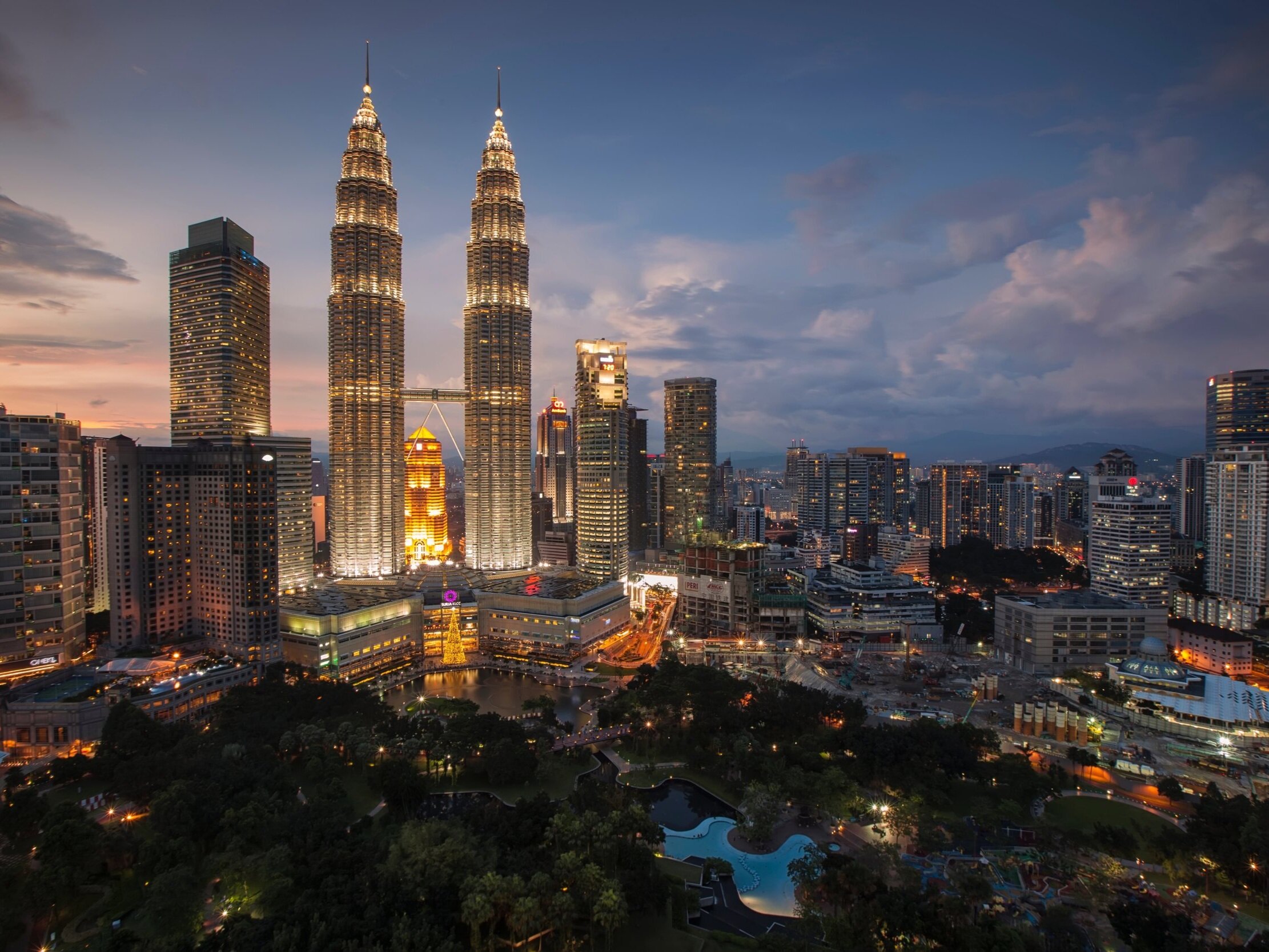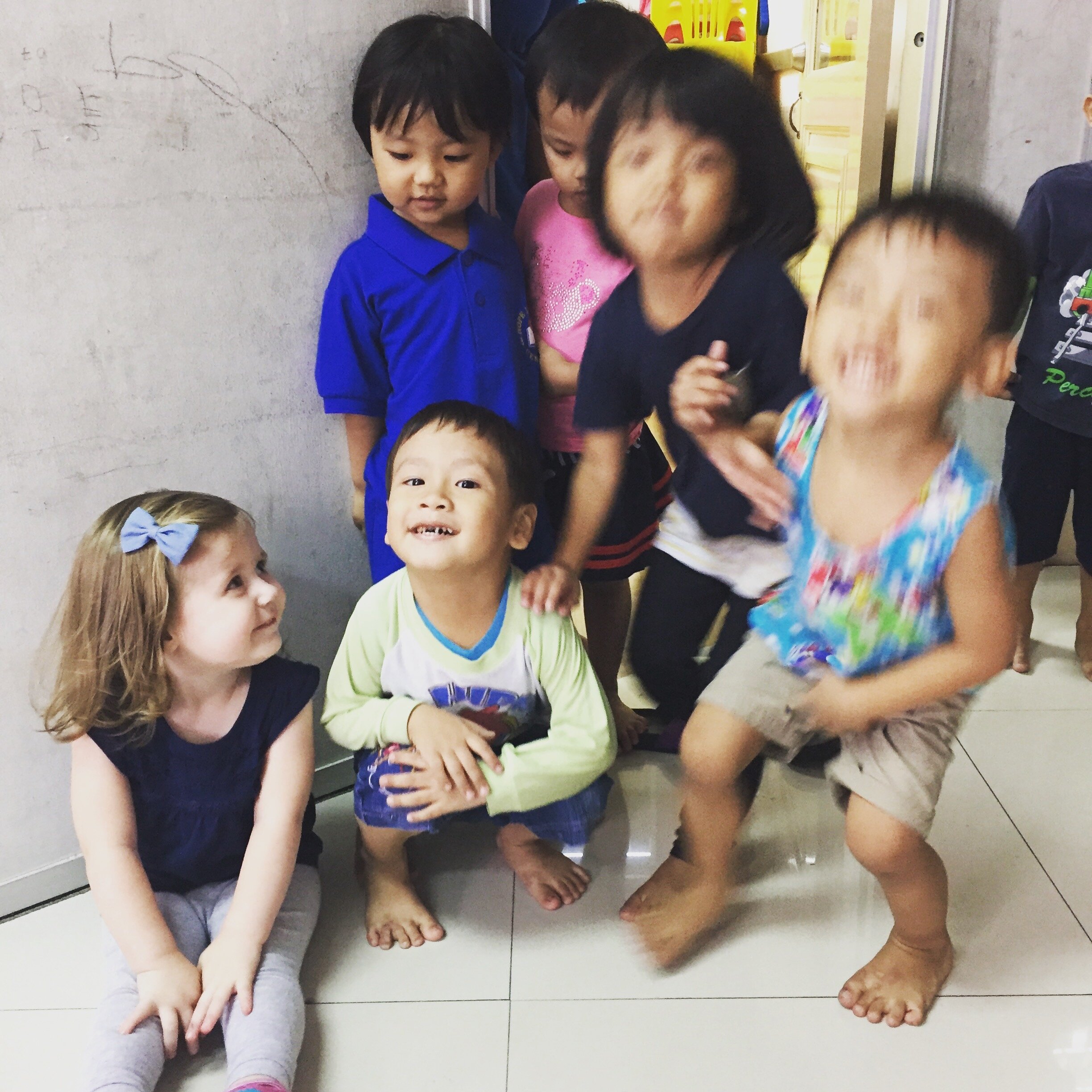I first heard the name of their people group as we prepared to serve with them in Malaysia.
Rohingya—known as one of the most persecuted people groups in the world.
Originally from Bangladesh, this Muslim people group migrated to Myanmar to escape persecution and found itself in the backlash of a Buddhist militia government. It’s estimated there are between 1 and 2 million Rohingya worldwide, yet this people group has no homeland of its own.
The Rohingya are known as “the people no one wants.” A people who are not seen or heard. Many have no paperwork declaring their citizenship to any country. They are foreigners and illegals in whatever country they enter. They have had their property destroyed, their people tortured, and their self-esteem ruined. They usually cannot find work other than in secret because if a country’s government finds out they are there, it will usually deport or imprison them.

A few years ago, our family went to Malaysia to work with a Christian school that ministers to the Rohingya coming out of Myanmar, a Buddhist country. Talk about a cultural hodgepodge. Most of the children in the school were Muslim; however, their parents would let them attend the Christian school because it was the only school that would accept the Rohingya and give them an education.
I don’t think I will ever forget their faces as my 2-year-old sat next to the preschoolers. They played together and laughed together. Their similarities shined much more than their differences. I prayed my little girl would learn to love people without pretense as she loves the person, not the citizenship or the religious background.

When we see people and listen to others, we realize they are more like us than we thought, and we learn to celebrate and learn from the differences as well. The story of the Rohingya reminds me of the story of Hagar in the Book of Genesis. For the woman who was abused and left to die without anyone to truly love her, the Lord came to her and rescued her. He saw her, He heard her, and He gave her value because He deemed her worthy. WMU focused on the Rohingya and other refugees during its International Mission Study in 2019 and will continue to focus on refugees through ProjectHELP.
Your gifts to the Vision Fund through the WMU Foundation went toward the creation of this IMS and Seeking Refuge: a Refugee Simulation. Your giving directly influences how others will be able to hear about refugees and find ways to minister to them. You can continue to give monthly to the Vision Fund by going to wmufoundation.com/vision.
May we be a people who show the love of Christ to others because Christ first saw and loved us.
This article first appeared on wmu.com.